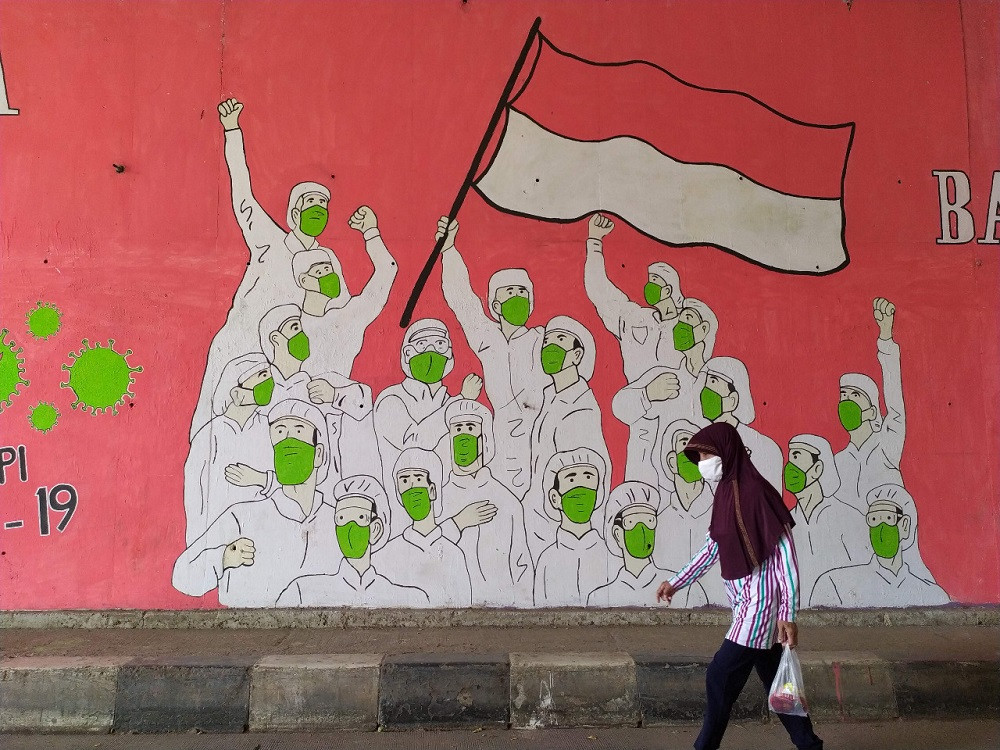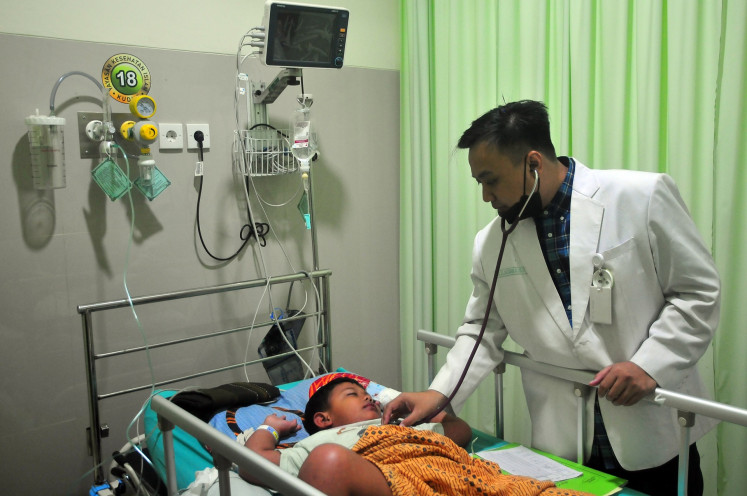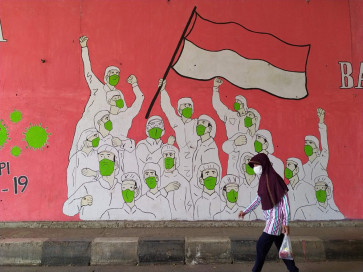Popular Reads
Top Results
Can't find what you're looking for?
View all search resultsPopular Reads
Top Results
Can't find what you're looking for?
View all search resultsWomen, home and the unimaginable in pandemic
This is a genuine but nameless disaster, something not considered suitable to complain about. So don’t be surprised if we see a sharp increase in requests for divorce during this COVID-19 era.
Change text size
Gift Premium Articles
to Anyone
F
or seven months now, the microscopic coronavirus has forced us to stop outdoor activities, work activities or studying. Morning rush hour has been sorely missed by some of us and many can no longer socialize or meet clients.
Suddenly, we have to adapt to these changes. Our lives now center on “home” and its “manager,” which is normatively associated with women.
For those women who were already spending their days at home, working as homemakers, in these past seven months they have been forced to take on new jobs that were previously entrusted to others: to the state or semi-state institutions, the private sector, non-state entities, the community or the market.
Now, without warning, they have had to take over all these roles with virtually no preparation, without skills. They have to create a sense of comfort in the home, which has suddenly become an office, school, madrasah (Islamic school), prayer hall, Sunday school, a mini-church, playground, restaurant, public restroom, a place to receive basic healthcare services, a place for recreation and even a facility for relaxation like a massage parlor.
COVID-19 has forced us to change, but the change is neither familiar nor neutral. For certain income brackets, the economic change may not be felt too severely, as there are plenty of layers of fat left in their economic caloric reserves. But for many, this is a real disaster.
I will bet that there will be a sharp increase in requests for loans from soft credit schemes and loan sharks. In the past two months, my WhatsApp feed was not just filled with news about A and B, whom I knew were receiving medical treatment or going into isolation because of being infected with COVID-19 but also requests for financial assistance just to buy food.
But the most powerful change, which is rarely noticed because the tool to observe it is unclear or unavailable, is the change in women’s lives as homemakers. This applies not just to those affected by this “disaster” but also to middleincome housewives who are nor


















